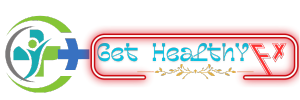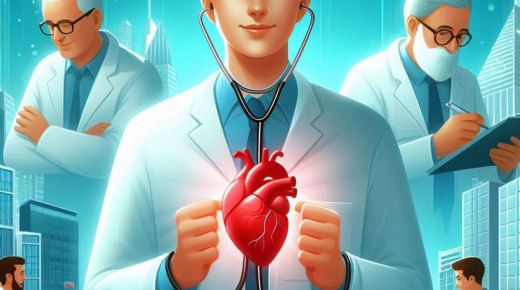Heart disease in teens is becoming more common. Cardiologists are stepping up to address this urgent issue. They focus on three key areas: prevention, early detection, and treatment. By promoting healthy habits, doctors aim to reduce risk factors. Early detection ensures timely care. Effective treatment options restore health. Specialists like neurologist Brighton beach contribute valuable insights into the complex nature of heart health. Together, these experts are working to combat the rise of heart disease in young people.
Prevention: Building Healthy Habits
Prevention is the first line of defense. Cardiologists encourage healthy eating, regular exercise, and stress management. Teaching teens about these habits helps them make better lifestyle choices. Schools and communities can support these efforts by providing resources and programs. The Centers for Disease Control and Prevention (CDC) offers guidelines on nutrition and physical activity that are practical for teens.
Early Detection: Catching Signs Early
Early detection is crucial in managing heart diseases. Regular check-ups help in identifying risk factors or early signs of heart issues. Tools like blood pressure measurements and cholesterol tests are simple yet effective. The goal is to catch potential problems before they become serious. The use of technology, such as wearable devices, allows for constant monitoring. This proactive approach ensures that any abnormalities are addressed swiftly.
Treatment: Restoring Heart Health
When it comes to treatment, cardiologists use a variety of methods. Medications, lifestyle changes, and sometimes surgical interventions are part of the strategy. Each treatment plan is tailored to the individual. This personalized care maximizes the chance of recovery. Understanding the underlying causes of heart disease is key to effective treatment. Research continues to evolve, offering new solutions and hope for affected teens.
Comparison of Key Strategies
| Strategy | Focus | Tools |
| Prevention | Reducing risk factors | Diet, exercise, stress management |
| Early Detection | Identifying early signs | Check-ups, monitoring devices |
| Treatment | Restoring health | Medication, lifestyle changes, surgery |
The Role of Education and Awareness
Education and awareness are vital in combating heart disease. Parents, teachers, and healthcare providers play an important role in spreading knowledge. By understanding the risk factors and symptoms, teens and their families can take preventive steps. Public health campaigns and school programs are effective ways to reach a wider audience. The American Heart Association offers resources for both educators and families to promote heart health awareness.
Conclusion: A Collaborative Effort
Combating heart disease in teens requires a team approach. Cardiologists, educators, and families all contribute to creating a healthier future. By focusing on prevention, early detection, and treatment, we can significantly reduce the impact of heart disease. The ongoing research and collaboration among health professionals provide a strong foundation for better outcomes. Together, we can ensure that teens have the tools and support they need to lead healthy lives.

